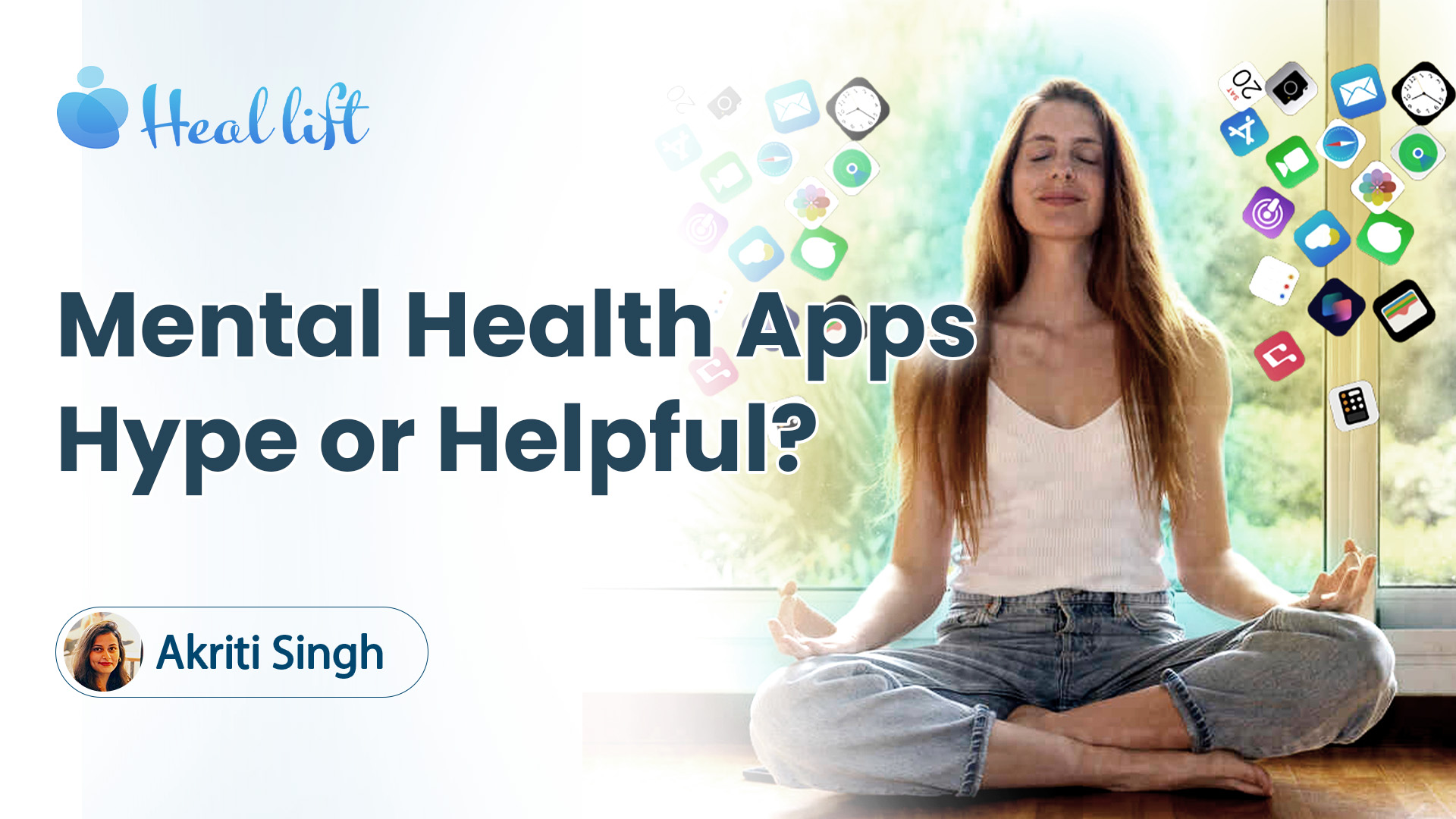Vichakshana Abeyrathna - 28 Jan 2024
Does Scrolling Lead to Sinking? - Part I
Examining the Link between Social Media and Mental Health

Heal Lift

In an era where technology permeates nearly every aspect of our lives, mental health apps have emerged as powerful tools in promoting well-being and providing support to individuals navigating various mental health challenges. Getting effective mental health care can be challenging. Additionally, some individuals live in regions with limited access to mental health professionals. That is where mental health and therapy apps come in. While they've existed for years, their prevalence has surged, especially amid the Covid-19 pandemic.
Digital Transformation of Healthcare
Digital Health Buzz underscores the myriad benefits of digitizing healthcare, especially with significant progress in software security. These advantages encompass improved coordination of patient care, simplified administrative tasks, real-time access to medical information, and enhanced communication among doctors.
What Are Mental Health Apps?
Mental health apps are virtual phone or tablet programs that help with mental well-being. They're handy because you can use them anywhere. There are lots of these apps that help with different issues like feeling sad or anxious, being scared, stressed, or even self-harming, and many other problematic conditions. These apps can assist individuals in handling their emotions, managing negative thoughts, expressing feelings, and avoiding self-harm and suicidal ideation. Some of these tools offer guidance on breathing exercises and soothing music.
Mental health apps offer various services like communication, self-monitoring, diagnosis, and treatment. They help overcome barriers like limited availability and access to traditional mental health services. These apps provide timely and affordable ways for users to manage their mental health, specifically for people living in areas with poor access to mental healthcare. Also, users can overcome constraints like long waitlists and restricted clinic hours.
Key Benefits of Mobile Health Apps for Mental Health
Using mobile health apps to enhance mental well-being offers several benefits. These include increased convenience, reduced medical expenses, privacy, ongoing support, and strong user engagement. With mobile health apps, you can access mental health treatment anytime and anywhere, making it very convenient. These apps are more helpful for those who find it hard to attend in-person appointments. Whether you need help in the middle of the night or while commuting to work, a mobile health app can always be helpful.
Psychiatric care or counseling can be significantly pricier compared to using a mental health app. Usually, these apps are free or more affordable than traditional psychological services. Reduced medical expenses might be a key factor encouraging many patients to opt for mobile health apps instead of traditional care. Another significant factor prompting individuals worldwide to choose mental health apps over in-person therapy is anonymity. Many people are hesitant to disclose personal and private information, even to a professional, and prefer managing their mental well-being more privately, without involving others. Essentially, the option for anonymity in mobile health application treatment may be preferable for many patients.
Additionally, some individuals require ongoing support for their mental health. Some may benefit from both in-person therapy and the assistance of mental health apps to manage their well-being at home, work, or while out. For example, those with social anxiety might find it challenging to attend social events, and in such situations, using a mental health app could significantly reduce stress.
If you're suffering from Anxiety, Depression or if you're Stressed, try Heallift
In essence, technology like mobile apps can complement traditional therapy sessions effectively. Alongside face-to-face therapy, these tools can reinforce the acquisition of new skills, enhance monitoring, and provide additional support.
Furthermore, high engagement rates represent another advantage of mobile health apps. Patients often use these apps without direct clinical supervision, encouraging independent use rather than solely relying on therapist guidance. Additionally, increased engagement can be fostered through prompts for use, real-time interaction, and gamified elements.
Takeaway
In conclusion, mental health apps offer a range of significant benefits that contribute to improving our well-being. They provide accessible and convenient support, offering assistance wherever and whenever needed. Their affordability and anonymity make mental healthcare more attainable for many individuals. Furthermore, they complement traditional therapy by providing continuous support, monitoring, and skill reinforcement. High engagement rates underscore their effectiveness in empowering users to take control of their mental health. As technology continues to evolve, mental health apps have the potential to play an increasingly integral role in supporting individuals on their journey toward greater mental wellness. Overall, mental health apps play a crucial role in promoting mental well-being and supporting individuals on their journey towards better mental health.
